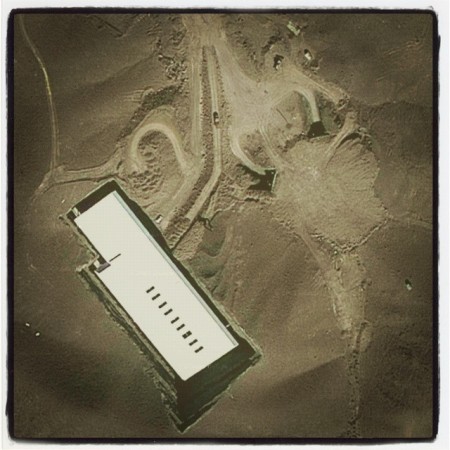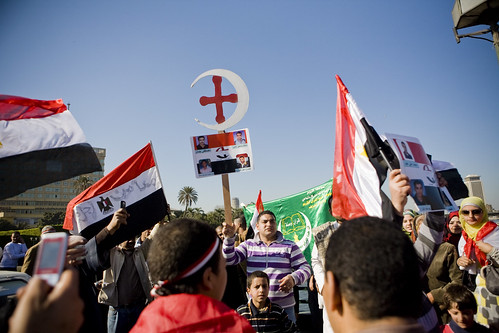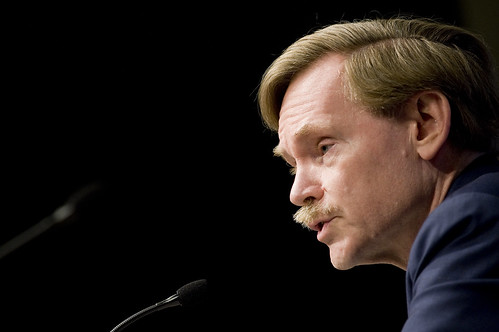
MADRID – The latest round of negotiations on Iran’s nuclear program between Iran and the so-called “5+1” group (the United Nations Security Council’s five permanent members – the United States, the United Kingdom, Russia, France, and China – plus Germany) has now begun. Following more than a year of deadlock, after negotiations in January 2011 led nowhere, this dialogue is for many the last chance to find a peaceful solution to a nearly decade-long conflict (in which I participated closely from 2006 to 2009 as the West’s main negotiator with Iran).
The objective of the talks, chaired by the European Union’s foreign-policy chief, Catherine Ashton, and Iran’s chief negotiator, Saeed Jalili, is still to persuade Iran to halt uranium enrichment and to comply with Security Council resolutions and its obligations under the Nuclear Non-Proliferation Treaty. But several factors heighten the current negotiations’ strategic importance.



